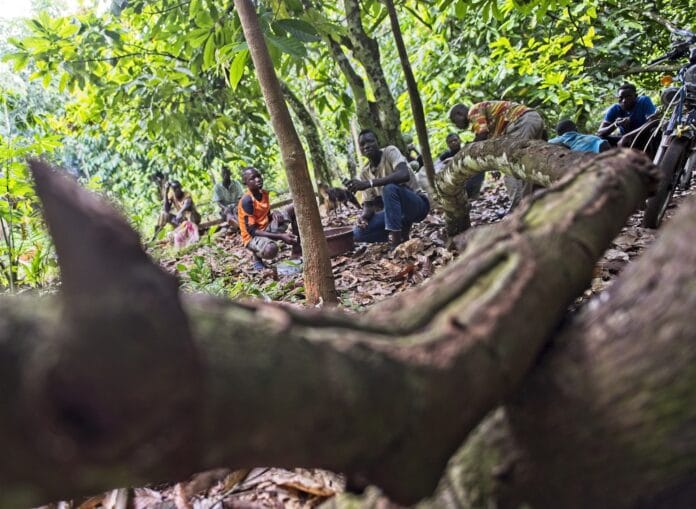
As part of its new Human Rights Commitment paper, the Fairtrade Foundation is urging companies in the UK to increase efforts to tackle human rights violations in global supply chains and calling for legislation to make this mandatory.
The result of three years of dialogue among Fairtrade’s producer networks, national organizations and other stakeholders, the paper encourages companies to intensify work on Human Rights Due Diligence (HRDD) at a time when COVID-19 is deepening the vulnerability of farmers, workers and their families.
The charity has pledged to align its policies and processes with the United Nations Guiding Principles on Business and Human Rights (UNGPs) – which set a global standard for preventing and addressing the risk of adverse human rights impacts linked to business activity – and outlined in a position paper recommendations that would strengthen legal frameworks to ensure responsible business conduct and corporate responsibility in all supply chains.
Public authorities and businesses must be legally obligated to take their responsibilities seriously if we are ever going to halt increasing injustice in supply chains
“Our message today is a turning point,” explains Darío Soto Abril, CEO of Fairtrade International. “Even Fairtrade, which manages a voluntary instrument for responsible business conduct, clearly states that voluntary measures undertaken by companies aren’t enough to tackle human rights violations, poverty and environmental harms. Public authorities and businesses must be legally obligated to take their responsibilities seriously if we are ever going to halt increasing injustice in supply chains.”
The EU and several governments are currently preparing binding HRDD regulations – welcomed as ‘a big step forward’ by Fairtrade – but other countries, including the UK, are lagging behind.
To ensure no company can avoid responsibility when human rights violations and/or environmental damage occurs without facing legal consequences, the charity is appealing for proportionate, binding HRDD legislation and treaties at national, regional and global level.
“For so many decades we, other human rights organizations and trade unions have urged companies to pay attention to farmers’ and workers’ rights,” says Mary Kinyua, chair of Fairtrade International. “Finally, governments are increasingly demanding this, too. Mandatory Human Rights Due Diligence can be a real turning point in addressing human rights violations in global supply chains. We work to support this.”
Image credit: Stanislav Komínek/Fairtrade










